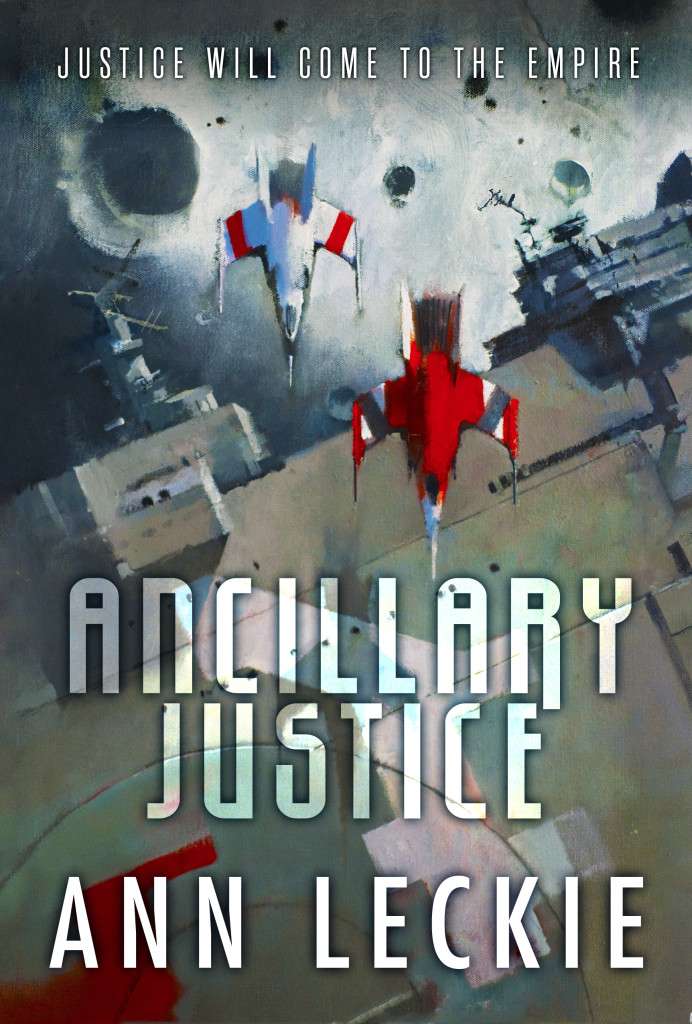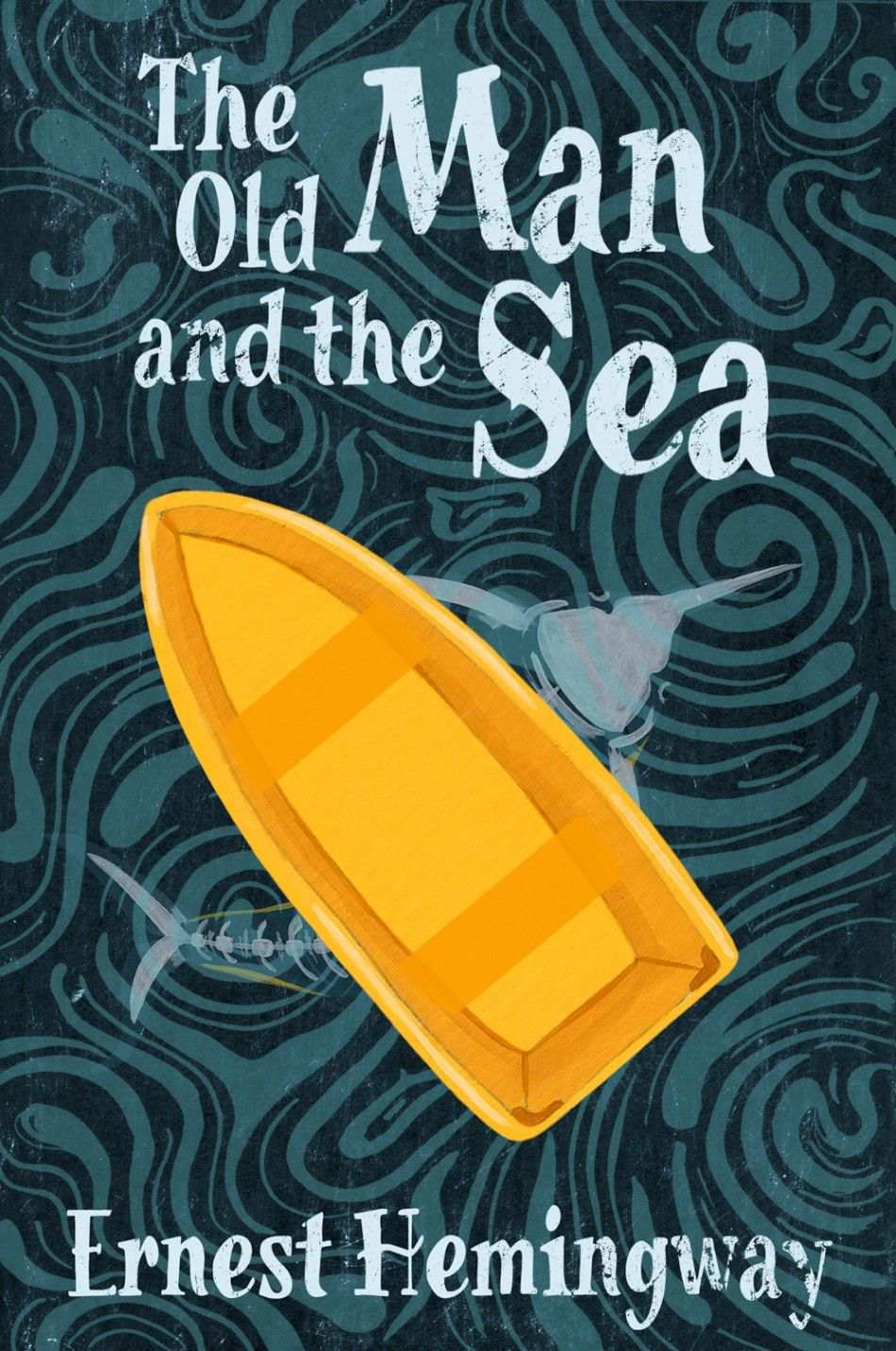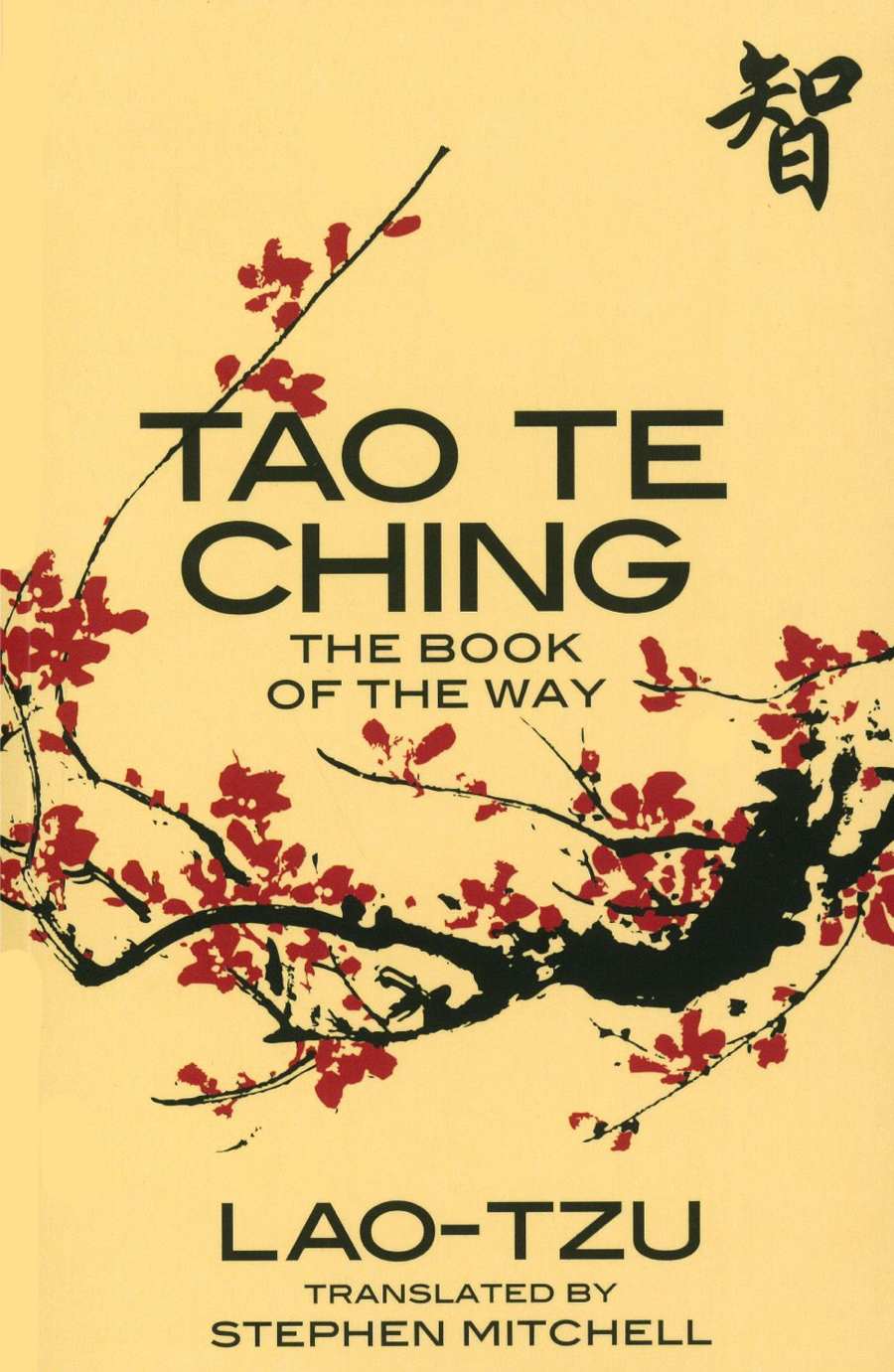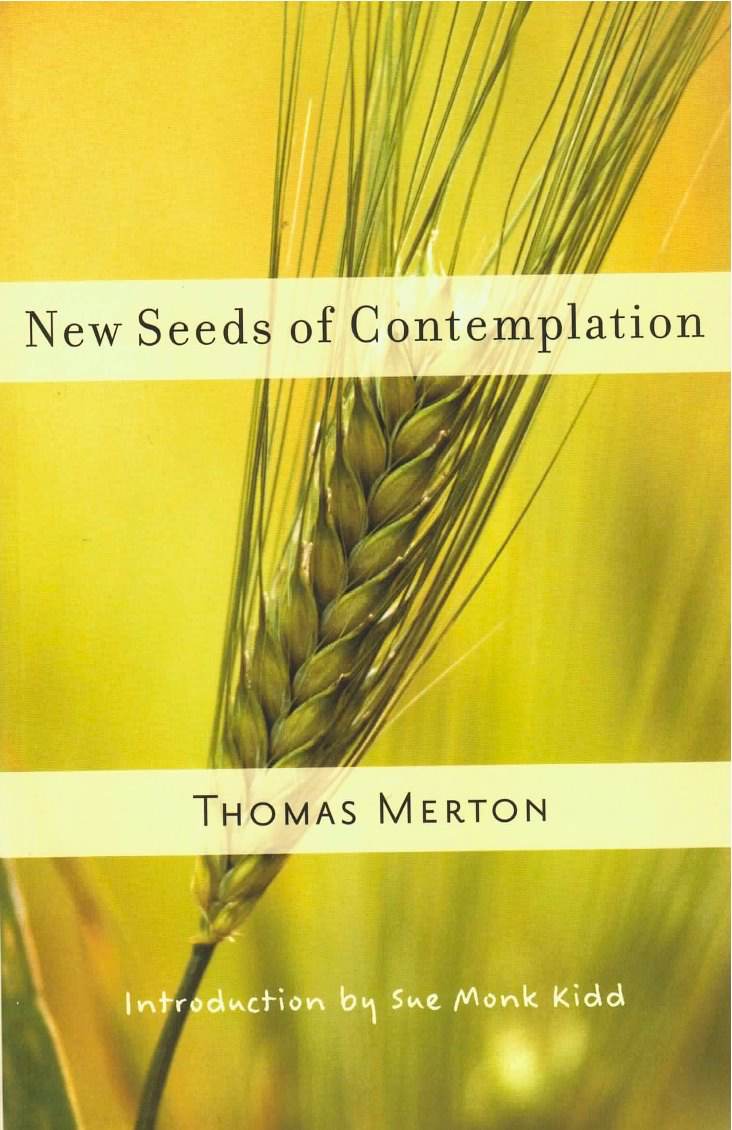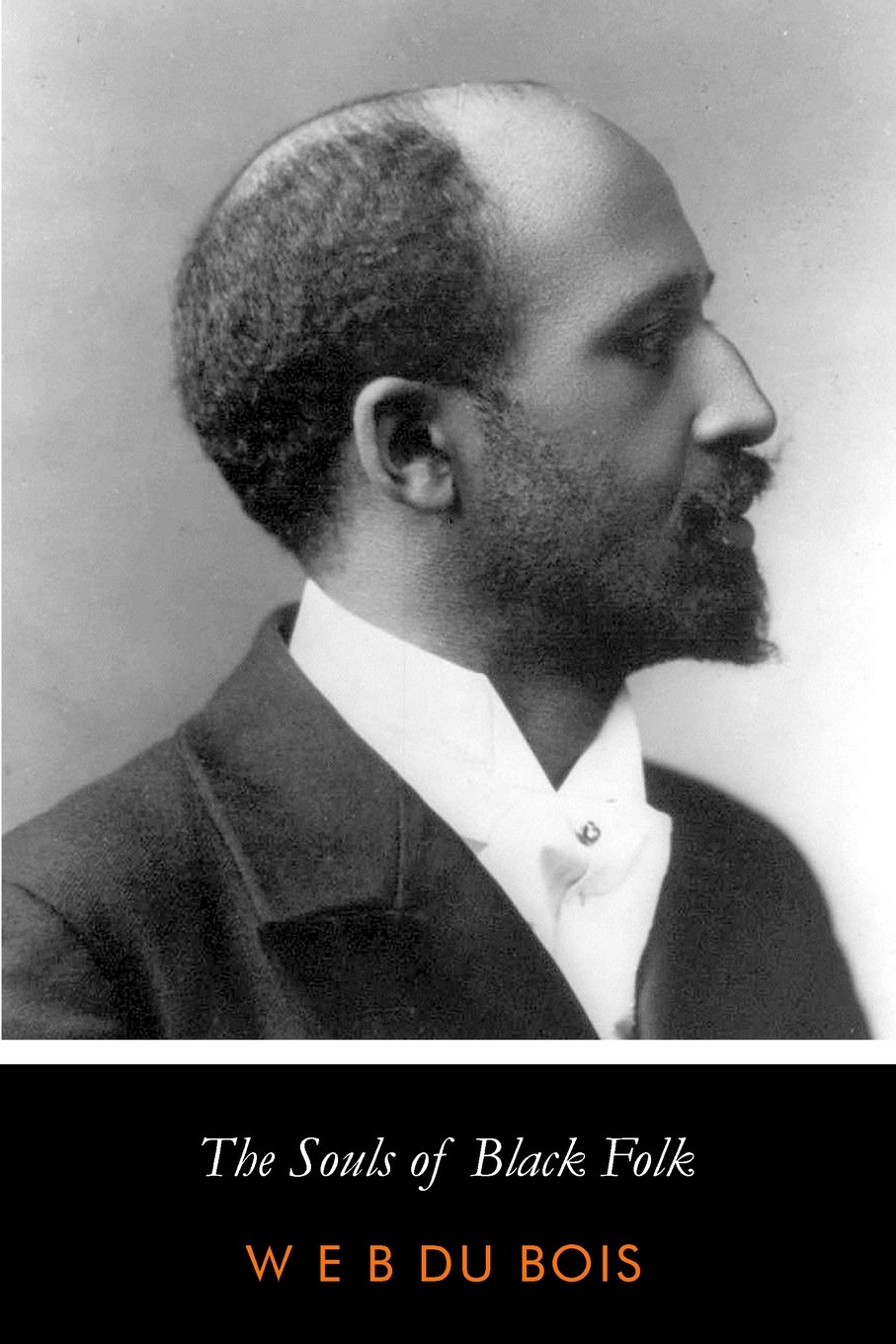The Christian doctrine of the Trinity is a mystery; a commonly accepted Christian truth that is rationally incomprehensible. In The Divine Dance, Richard Rohr attempts to explain it in a way that feels both familiar and completely foreign. Rather than the mystery being the end of the conversation, he uses it as an invitation to deeper understanding.
God for us, we call you Father. God alongside us, we call you Jesus. God within us, we call you Holy Spirit. You are the eternal mystery that enables, enfolds, and enlivens all things,
Even us and even me. Every name falls short of your goodness and greatness. We can only see who you are in what is. We ask for such perfect seeing— As it was in the beginning, is now, and ever shall be. Amen.
The book is profound and insightful. Rohr puts words to your unconscious and intuitive understanding of the nature of God. But he does not try to make it a comprehensive, systematic explanation. It never completely settles on the rational side of things. His instruction adds confidence and clarity to your experiential intuition over your logical.
Rational certitude is exactly what the Scriptures do not offer us. They offer us something much better and an entirely different way of knowing: an intimate relationship, a dark journey, a path where we must discover for ourselves that grace, love, mercy, and forgiveness are absolutely necessary for survival—in an always and forever uncertain world.
The traditional understanding of the Trinity is that it consists of three distinct beings existing in perfect relationship. The implicit emphasis is on the individual beings of the trinity: Father, Son, and Holy Spirit. Rohr emphasizes how the relationship, the space between the members, is the foundational component.
Whatever is going on in God is a flow, a radical relatedness, a perfect communion between Three—a circle dance of love.
This subtle shift in weight caused so much to click into place for me. Think about it: God (The Trinity) is love because he is relationship itself. This adds a whole new dimension to why isolation and disconnectedness are so destructive. When I become vulnerable, when die to myself, I participate in fuller relationship with those around me. But it doesn’t stop there. In this movement towards weakness and self emptying, I participate, in some way, with whatever is going on in the Trinity!
The Christian God’s power comes through his powerlessness and humility. Our God is much more properly called all-vulnerable than almighty.
Back to the book itself, it is not a book of quick answers or comprehensive solutions. The best explanation I can give is that it works to resonate with you. As it resonates, you will understand certain things with a little more clarity. Some parts of the book resonate more than others. I’m certain that’s a result of where I am in my life and how much I am capable of understanding now. I’m excited to come back to it in a couple years and see how my thoughts have changed, because I am certain they will.
Be prepared for a period of adjustment as you start to read this book. Especially if you’re from a traditional Protestant background and have not read anything by Rohr before. He a friar in the Franciscan tradition, which holds different views on the incarnation and atonement, among other things. Franciscans also draw heavily on mystical and contemplative interpretations of scripture. I found this very valuable, but it’s possible it all may be too big a jump for you to make.
There are so many more wonderful quotes from the book. I’m going to place a bunch of them below so, if you’re interested, you can explore some more:
Certainty
We’ve turned faith into a right to certitude when, in fact, this Trinitarian mystery is whispering quite the opposite: we have to live in exquisite, terrible humility before reality. In this space, God gives us a spirit of questing, a desire for understanding; it seems to me it’s only this ongoing search for understanding that will create compassionate people—and wise people.
all religious language is metaphor—I hope you know that. It’s the best we can do. We’re like blind people touching the side of an elephant, describing the tiny portion we feel with all the conviction we can muster.
Vulnerability
Did you ever imagine that what we call “vulnerability” might just be the key to ongoing growth? In my experience, healthily vulnerable people use every occasion to expand, change, and grow. Yet it is a risky position to live undefended, in a kind of constant openness to the other—because it would mean others could sometimes actually wound you (from vulnus, “wound”). But only if we choose to take this risk do we also allow the exact opposite possibility: the other might also gift you, free you, and even love you.
The Christian God’s power comes through his powerlessness and humility. Our God is much more properly called all-vulnerable than almighty, which we should have understood by the constant metaphor of “Lamb of God” found throughout the New Testament
Relationship
Even though I’m beyond seventy now, new relationships still astound me: I’ll meet a new person, and if I can interface with them honestly, trust them, allow them, refuse to categorize or too quickly label them—it will invariably open up inside me new realms of my being that I didn’t know existed until I was in relationship with them.
the greatest dis-ease facing humanity right now is our profound and painful sense of disconnection.
Suffering
By and large, what human beings want is resurrection without death, answers without doubt, light without darkness, the conclusion without the process
Trinitarian spirituality leads us to an open-handed embrace of the whole—no exceptions. This is the circle of freedom, certainly, but it’s also a circle of suffering. The negative side dare not be eliminated. 1 Everything belongs.
But somehow, after we’ve done all we can to try to alleviate suffering according to our gifts and callings, we find that we’re led to embracing what is, embracing what is left—and this is often suffering and pain, is it not? Maybe this is the great death, this third space where I refuse to waste the rest of my years in either fight or flight. Where I give up the search for someone to hate or to blame—myself or anybody else. I’m going to somehow enter into solidarity with this pain. I’ll not allow myself to participate in other people’s abandonment, betrayal, rejection, or marginalization.
Prayer
What prayer becomes, in this divine rest, is experiential knowledge of the flow. Prayer is not primarily the spoken or read word. That might be a second or third level of prayer, but not the primary one. Primal prayer is where you can in truth pray always, 1 where you can live in conscious communion with the divine indwelling, with the Spirit who was poured out so universally and graciously upon all creation, upon all nations and languages. 2 Primal prayer does not mean waiting for some mythical, projected future “spiritual” state, but waking up inside your life, right now, in the present moment.

